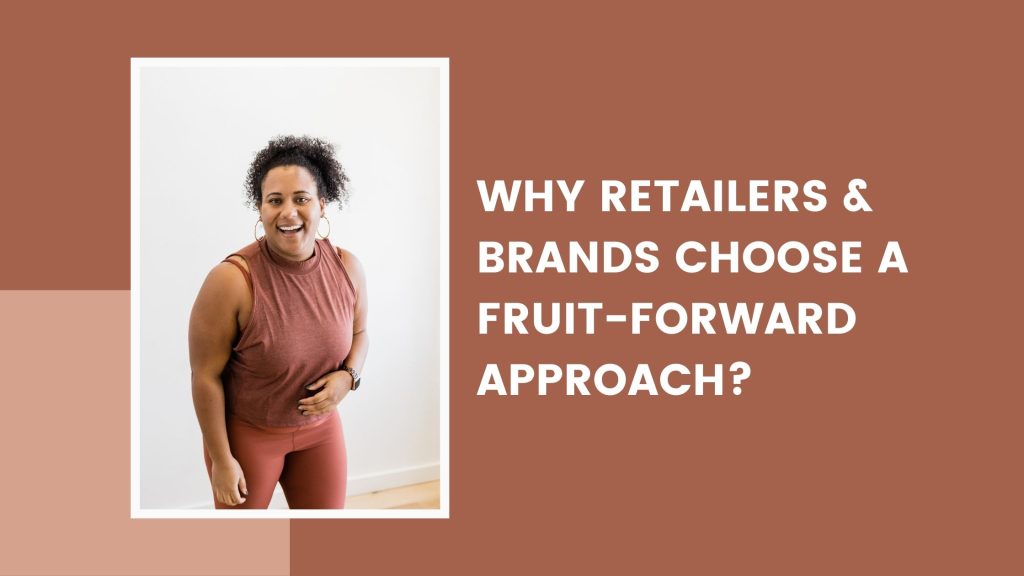Operating during a crisis already comes with added costs. Savings from unused marketing budgets are being offset by the cost of incentives and relief packs for workers at risk of contracting the virus, said the Grab spokesperson cited earlier, without divulging specifics. There’s also the cost associated with supplying protective gear for workers.
Many businesses are hanging on by a thread as the pandemic-induced slowdown worsens what’s already been a cautious global investment climate.
Why Retailers & Brands Choose a Fruit-Forward Approach?

Even a well-funded company like Grab realises this. “We’re all in survival mode and trying to navigate this crisis. Even before, we’ve been mindful of how we spend our money,” says its spokesperson.
So any company that’s taken a blow would understandably want to generate new revenue streams, said Forrester’s Meena. That seems to be true in Zalora’s case; it just announced a subscription service focussing on data analytics for brands. The company analysed data from over 2.6 million active customers in its Southeast Asia markets and translated that into insights such as top and trending stock keeping units in selected categories.
“Secondly, this is a time when there’s almost no marketing or advertising targeting consumers because they’re not buying,” explains Meena. Venturing into essential groceries at least allows the likes of Zalora to stay relevant.
Zalora offers no definitive answer about whether it would continue delivering groceries after the pandemic ends. All it says is it will “adapt” to what consumers need. Meena’s take: there’s no business case for companies that are not in it for the long run.
5 Benefits of Going Fruit Forward and the Fate of All Movements That Came Before It!
Delivering groceries is inherently complex. Basket sizes are small, and margins are typically low. High order volumes are important since marketing and distribution costs eat into the margins. But high volumes also make it difficult to deliver the goods—literally. US$200 can buy you a smartphone but may translate into 20 kg of goods when it comes to groceries.
Touch-and-feel remains a key consideration, says Meena. People want to pick out their vegetables, smell their meat, and squeeze their produce. Making sure these products stay fresh through transit is challenging, otherwise you’d have to deal with the bigger headache of spoiled returns. That’s why big providers like Amazon in the US invest in numerous warehouses and logistics, allowing them to quickly reach customers’ doorsteps. It takes many years to reach a certain scale.
Companies like Grab try to work around some of these complications by employing a hyperlocal approach. They partner with supermarkets or brand distributors like Great Deals instead of managing their own inventory and zero in on dense areas so they can fulfil as many orders as they can in a single trip.
However, there’s a trade-off. Meena says there’s less visibility on inventory with this kind of approach. So incomplete orders like what Filipino customer Zialcita experienced could be a frequent problem. “This supply chain issue is very difficult to solve and customer experience suffers,” Meena tells us. “The reason why Amazon is leading the pack is because they control the customer experience.”